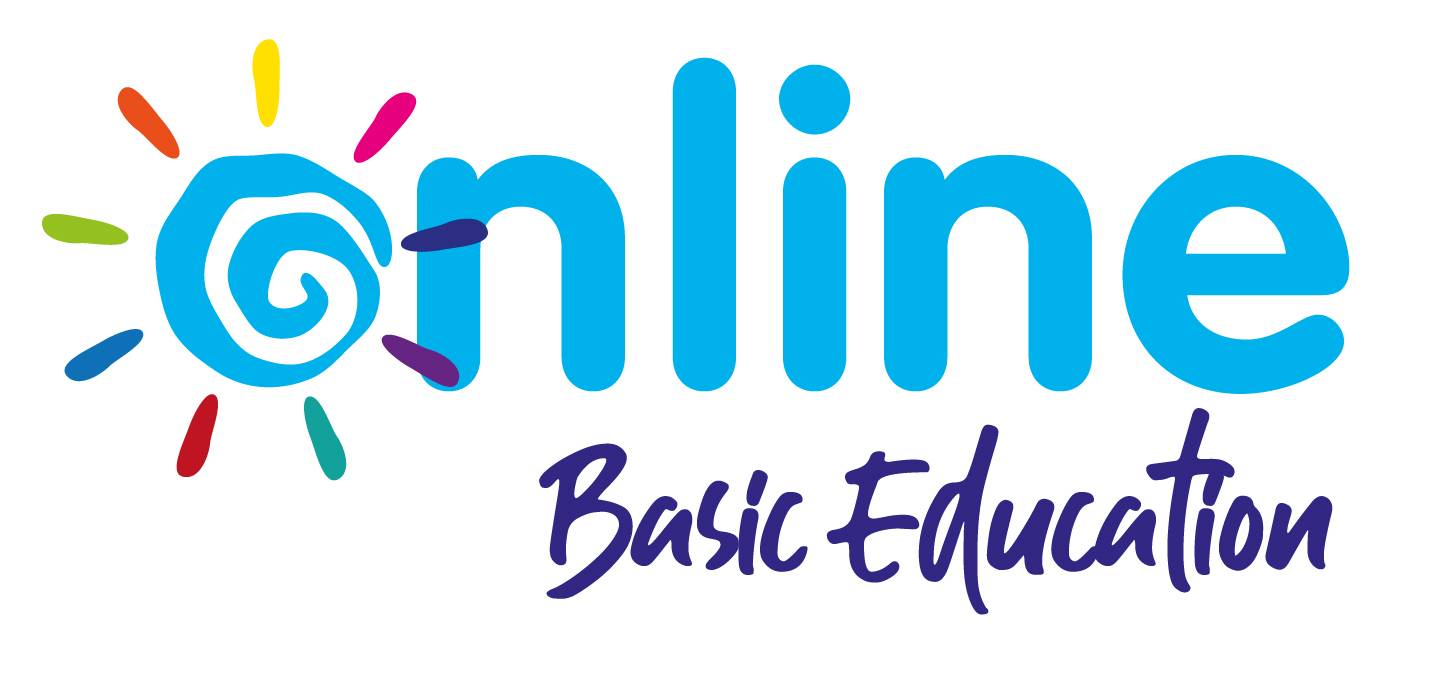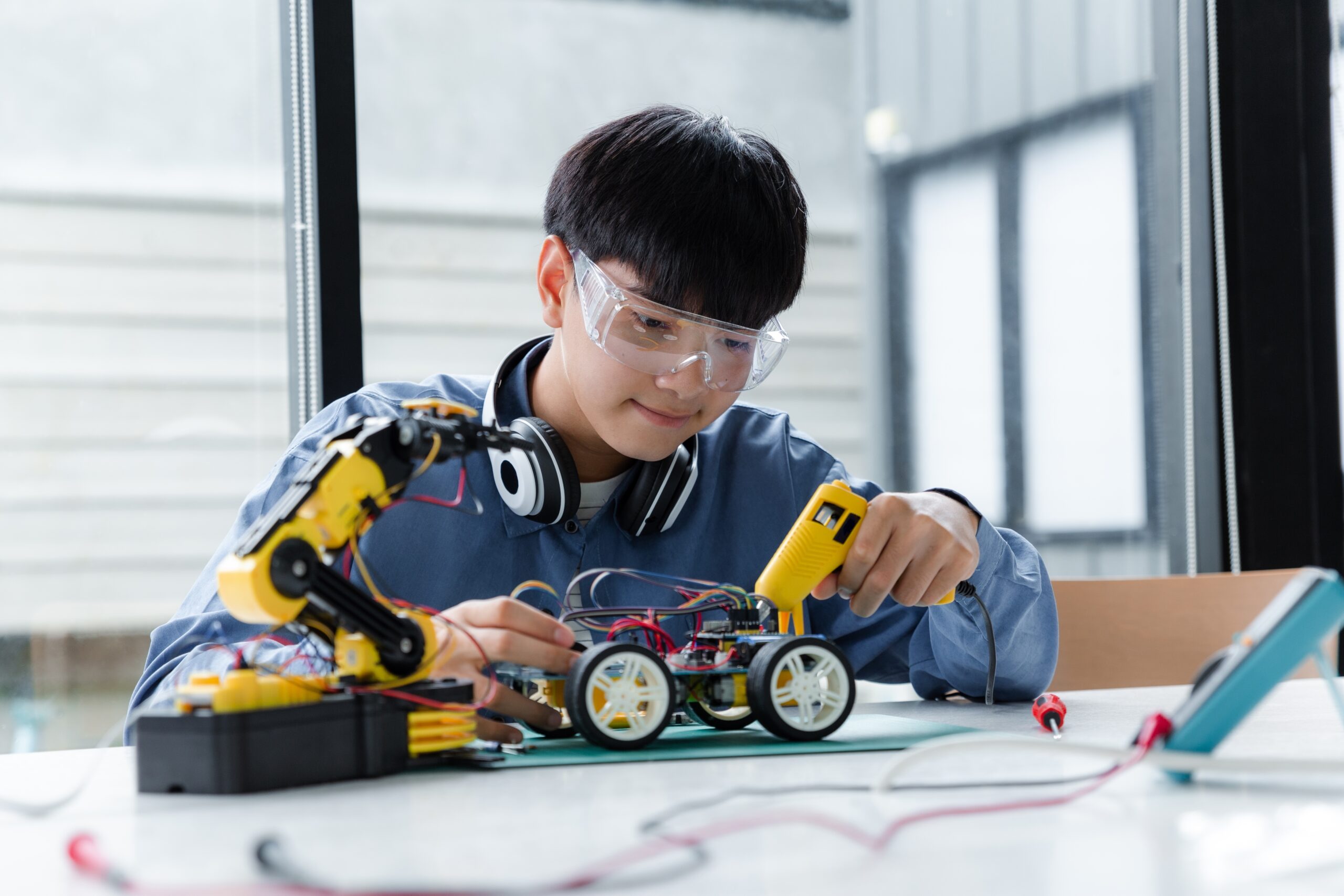Interpersonal skills are invaluable because they lay the foundation for strong relationships, effective communication, and collaboration, all of which are essential both inside and outside of school.
Developing interpersonal skills for SHS students can be a transformative experience, as you face new social challenges. Learning how to connect with your peers, understand different perspectives, and handle tricky situations can really help you grow, not only as a student but as a person too.
For those enrolled in online SHS or attending blended learning environments, these skills are particularly important in overcoming the challenges of virtual classrooms, group projects, and the diverse academic hurdles that come with remote learning.
Strong interpersonal skills allow you to interact confidently with classmates, teachers, and even potential employers, opening the door to positive experiences and future opportunities.
If you’re wondering why interpersonal skills are important for students or how to develop an interpersonal relationship among students, this guide covers everything you need to know.
Whether you’re looking to improve communication, manage conflict, or become a better team player, mastering these skills will make a big difference in both your academic and personal growth.
What are Interpersonal Skills?
Interpersonal skills are the abilities that enable people to communicate and interact effectively with others. They encompass a range of competencies, from active listening and empathy to conflict resolution and teamwork.
At the core of interpersonal skills is the capacity to connect with others, understand their perspectives, and engage in meaningful dialogue. For SHS students’ development of interpersonal skills, it is a crucial part of social and emotional growth.
Learning interpersonal skills is a journey that involves practice and self-reflection. As students engage in various activities—whether it’s working on projects, participating in clubs, or simply interacting with classmates—they get the opportunity to hone their skills and grow.
Ultimately, interpersonal skills lay the foundation for positive relationships that will benefit students throughout their lives, helping them in both personal and professional settings.
Why are Interpersonal Skills Important for Students?
Here are five key reasons why interpersonal skills are crucial for students:
Enhanced Communication
Effective interpersonal skills improve students’ ability to communicate their thoughts and feelings clearly, reducing misunderstandings in both academic and social contexts. Students who can convey their ideas effectively are more likely to succeed in class discussions and group activities.
Better Teamwork
Interpersonal skills are essential for effective collaboration in group projects and team-based activities. Students with strong skills can navigate group dynamics, leverage their peers’ strengths, and contribute meaningfully to the team.
Conflict Resolution
Learning to handle conflicts in a constructive way is invaluable in school and future workplaces. Students who develop conflict-resolution skills can address disagreements with maturity, leading to stronger, more resilient relationships.
Emotional Intelligence
Developing empathy and self-awareness enables students to relate to others’ emotions, fostering stronger relationships.
Improved Academic Performance
Students who are socially adept tend to have higher engagement in school, resulting in better academic outcomes. When students are comfortable and confident in social interactions, they are more likely to participate actively and enjoy a positive school experience.
Tips to Improve Interpersonal Skills
Improving interpersonal skills is essential for building strong relationships and effective communication. So, what are the ways to improve interpersonal skills?
Here are ten practical tips to enhance your abilities:
1. Practice Active Listening
Active listening means giving your full attention to the person speaking, showing engagement, and responding thoughtfully. For example, when a friend shares a problem, listening without interrupting shows respect and understanding.
Tips for Active Listening:
- Maintain Eye Contact: This shows you’re engaged and attentive.
- Avoid Interrupting: Let others finish their thoughts before responding.
- Ask Questions: Show that you’re interested in what the other person is saying.
Active listening fosters better understanding and respect among classmates.
2. Build Empathy and Emotional Intelligence
Empathy allows students to understand and relate to others’ feelings, which is a cornerstone of strong interpersonal relationships. Emotional intelligence, the ability to manage one’s emotions and recognize others’, goes hand-in-hand with empathy.
Ways to Develop Empathy:
- Practice Perspective-Taking: Imagine yourself in someone else’s situation.
- Express Genuine Interest: Show concern and compassion for others’ feelings.
Practicing empathy strengthens bonds and creates a supportive learning environment.
3. Engage in Group Activities
Participating in group activities is an effective way for SHS students to develop interpersonal skills. Whether it’s a group project, a sports team, or a debate club, collaborating with peers improves teamwork, communication, and patience.
Through group activities, students learn:
- Compromise: Finding middle ground in decision-making.
- Delegation: Distributing responsibilities for effective teamwork.
- Accountability: Owning up to tasks and supporting group efforts.
4. Seek Feedback and Self-Reflect
One of the most direct ways to improve interpersonal skills is to seek feedback. Ask teachers or peers for constructive criticism on how you interact and communicate. Self-reflection also plays a significant role in developing these skills, allowing students to assess their strengths and identify areas for growth.
Reflection Questions to Consider:
- How do I react when others disagree with me?
- Do I listen actively or wait for my turn to speak?
- How well do I manage my emotions in stressful situations?
5. Utilize Digital Tools for Communication
For students enrolled in online K12 programs, digital communication is essential where interaction is often virtual. Learning to convey messages clearly and professionally through emails, chat, and video calls is crucial.
Tips for Effective Digital Communication:
- Be Concise: Avoid lengthy messages; keep it to the point.
- Use Clear Language: Choose words carefully to avoid misunderstandings.
- Be Respectful: Always maintain a polite and positive tone.
6. Practice Assertiveness
Being assertive means expressing your thoughts and feelings confidently and respectfully. This skill is essential for setting boundaries, communicating needs, and engaging in honest discussions without aggression.
Tips for Practicing Assertiveness:
- Use “I” Statements: Express your feelings by starting with “I” (e.g., “I feel…”).
- Stay Calm: Maintain a steady tone of voice.
- Respect Others’ Opinions: Assertiveness doesn’t mean disregarding others’ viewpoints.
7. Develop Conflict Resolution Skills
Learning to handle conflicts calmly is crucial in maintaining good relationships. For example, if there’s a disagreement during a group project, resolving it by addressing the issue directly rather than avoiding it can prevent misunderstandings.
Conflict Resolution Tips:
- Focus on the issue, not the person.
- Be willing to compromise and find a solution.
8. Explore Time Management Skills
Time management might not seem directly related to interpersonal skills, but it plays a role in managing relationships. For instance, honoring deadlines and being punctual shows respect for others’ time.
For more on this, check out our article on time management skills for senior high to keep your schedule balanced and enhance your reliability.
9. Get Involved in Extracurriculars and Volunteering
Extracurricular activities and volunteering opportunities provide students with unique settings to interact with diverse groups of people. Through these experiences, students practice empathy, collaboration, and problem-solving while giving back to the community.
Benefits of Extracurriculars and Volunteering:
- Exposure to diverse perspectives and situations.
- Opportunities to develop teamwork and leadership skills.
- The chance to create meaningful connections outside of school.
10. Set Personal Goals for Growth
Finally, setting specific goals for improving interpersonal skills can lead to meaningful progress. Aim to practice active listening, resolve conflicts calmly, or engage more in group activities.
Setting SMART Goals for Interpersonal Growth:
Specific: Define a clear skill you want to improve.
Measurable: Track your progress.
Achievable: Set realistic expectations.
Relevant: Align goals with your needs.
Time-bound: Set a timeline for achieving each goal.
Start Developing Your Interpersonal Skills Today
Interpersonal skills are invaluable for SHS students as they navigate social and academic life. From practicing empathy to engaging in group activities, there are numerous ways to develop and strengthen these skills.
Developing these skills doesn’t happen overnight—it takes practice and dedication. By starting small, such as offering a listening ear to a friend or participating actively in class discussions, students can begin to see significant improvements in their communication and teamwork abilities.
Ready to take the first step? Start developing your interpersonal skills with these tips and experience the positive changes they bring to your life. Don’t forget to explore additional resources on our website and learn additional tips to deal with academic stress and anxiety, and building resilience, supporting you on your journey toward personal and academic growth.






